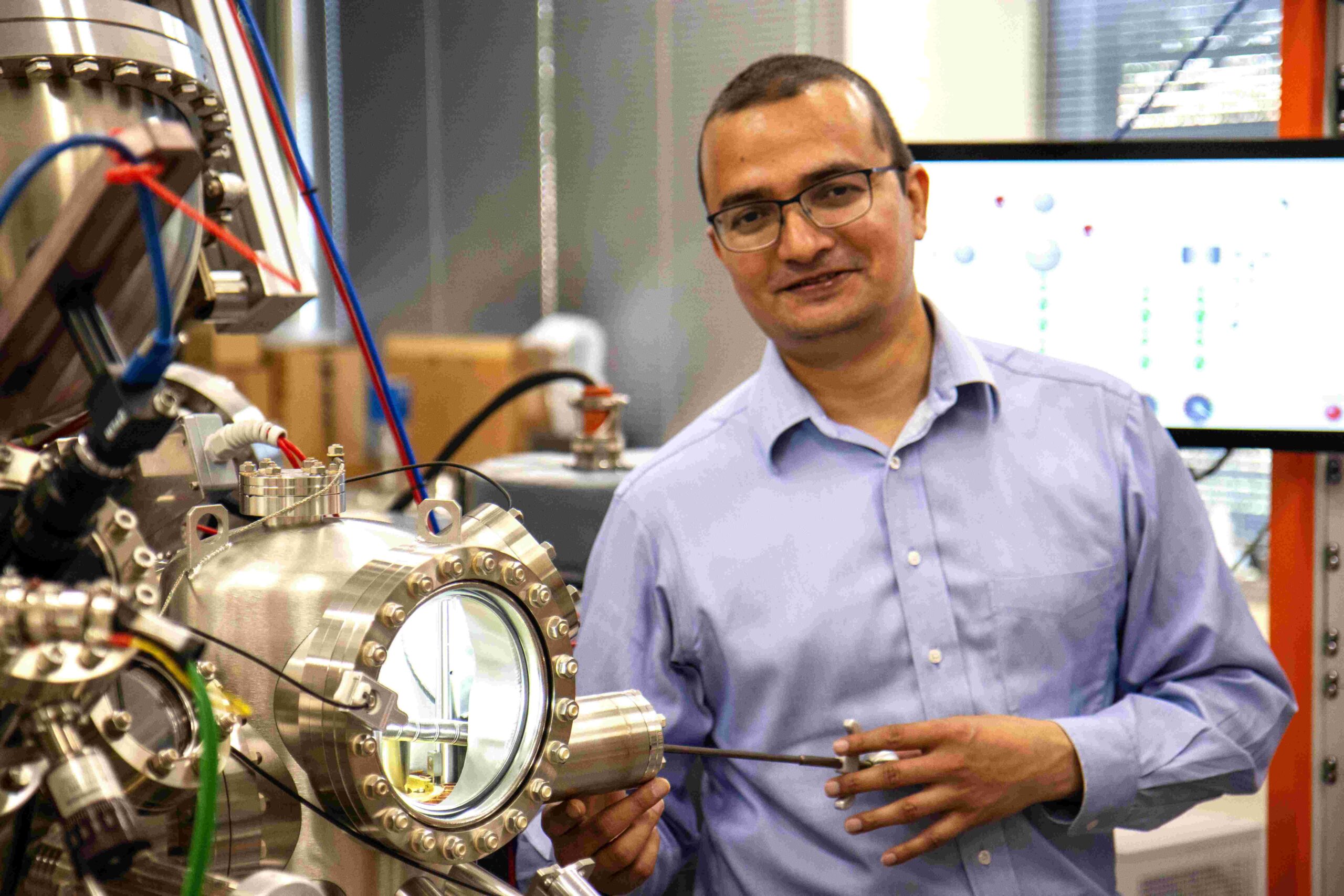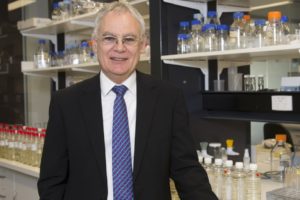
Key discoveries in human cell activity, mental health and wellbeing in older Australians, future computer data storage and chemical synthesis are the goals of four new Discovery grants at Flinders University funded by more than $2 million from the Australian Research Council.

The ARC Discovery Projects, along with with more than $2 million in ARC Linkage Infrastructure, Equipment and Facilities (LIEF) grants, continue to build Flinders University’s credentials in many key fields of science.
Deputy Vice-Chancellor (Research) Professor Robert Saint says the latest ARC funding rounds add to the strength of Flinders University’s “fundamental mission as a university”.
“These ARC Discovery projects support some of Flinders University’s top researchers to continue to push the boundaries of knowledge.
“As well, the latest ARC LIEF funding for powerful new resources and equipment, including ultrafast spectromicroscopy and nuclear magnetic resonance, puts Flinders University in a strong position to keep making discoveries of real-world significance,” says Professor Saint.
New Discovery Projects funded at Flinders include:
Understanding ageism in Australia (led by Flinders chief investigators Associate Professor Tim Windsor and Dr Stephanie Wong, from the College of Education, Psychology and Social Work, and collaborators) will conduct a population-based survey of ageism to understand links between common beliefs, stereotypes and prejudice that may cause discrimination towards people based on their age.
New horizons in Quinonedimethides (QDMs) chemistry (led by Professor Michelle Coote, College of Science and Engineering, and collaborating chief investigator, ANU expert Professor Michael Sherburn) will delve into the potential for these organic molecules to be harnessed for future applications such as improved medicines, manufactured goods and other materials.
EFR3: Novel gatekeeper of cell proliferation (led by Professor Janni Petersen, College of Medicine and Public Health, and interdisciplinary collaborators) will use leading edge technologies such as mass spectrometry to make scientific advances into the fundamental mechanisms of cell proliferation of human cells when subject to nutrient and other stressors.
Programmable Ferroelectric Nanoelectronics for In-memory Computing (led by Dr Pankaj Sharma, College of Science and Engineering, with collaborators) will use fundamental physics and materials science research to look for new ways to improve the energy and data efficiency of computer memory storage.
Read more here: $4.6m for key research facilities

